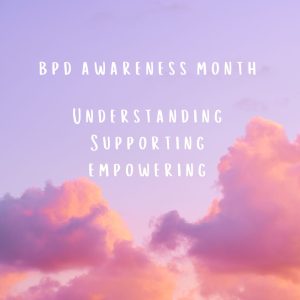The idea of sharing personal stories can feel liberating to people in the online community. Topics that are deemed taboo become commonplace on social media and video steaming websites. People can record their thoughts and voices knowing that they will receive support. It takes courage to talk about stigmatized topics in a personal manner. But are there consequences to sharing our stories online? As people with mental health histories, should we be thinking about ways we can protect ourselves online knowing that once it’s out there, there’s no turning back?
Here are a few tips and tricks for people who are thinking about opening up online. There are ways to share without compromising personal safety and wellbeing.
- Don’t post in distress
This might seem obvious and yet too many times I’ve seen online personalities post crisis videos and delete them a few days later (and then posting a follow-up apology video). If you absolutely want to write about a difficult time or record yourself in the moment, hold off on posting online. Wait a few days. Wait a week! You can thank me later. 😉
- Anonymity
There are ways to share stories without disclosing your true identity and the identities of the people involved. Use pseudonyms on a blog, record podcasts rather than videos and avoid posting personal pictures.
- Think about impact
Before posting anything, think about how your story will impact your friends, family or coworkers. How would you feel if your boss read your blog? Do you want people in your life to know that you’ve, say, experienced trauma in childhood or have a substance use issue? If you are ready to “come out” in terms of your mental health history, then this will not be an issue for you. I still think, however, that number 1 applies to anyone wanting to share their story. When I write about anything personal, I usually wait a day to post. I’ve had the unfortunate experience of writing in distress and it ended with me running to my computer the next day to delete all the evidence.
- Think about how it will impact you
Are you ready to write about a deeply personal and/or possible traumatic experience? Have you considered writing or recording video as a therapeutic tool? Do you have someone in your life to support you as you begin recording your story? Therapists recommend at least three months of sobriety and avoidance of maladaptive behaviour, i.e., self-harm, before exploration of trauma. If you don’t know how you’ll react while recording a personal story related to your mental health, you might want to consider starting small. Start by sharing the story with someone you trust.





